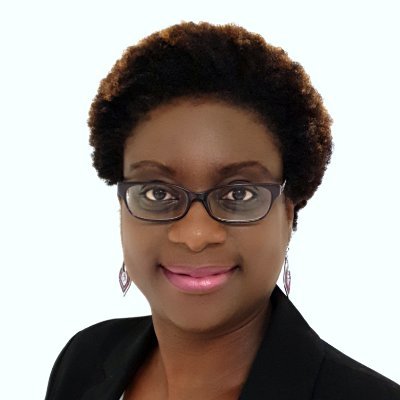
WASHINGTON, May 10, 2022 — The World Bank Board of Executive Directors approved today The Gambia Second Fiscal Management, Energy and Telecom Reform Development Policy Financing (DPF). The DPF will support The Gambia’s effort to improve debt and public investment management, financial viability and service delivery in the energy and telecom sectors while enhancing the transparency and governance framework of State-owned Enterprises (SOEs).
This financing, in the amount of a $20 milliondevelopment policy IDA (International Development Association) grant, for the second and last operation in the programmatic series will support the government’s inclusive growth agenda by contributing to its efforts to create fiscal space as well as enhance service delivery in key infrastructure sectors.
“The reforms that will be addressed under the DPF are very important in supporting the country’s economic recovery and addressing macroeconomic vulnerabilities within in the context of the COVID-19 pandemic and global instability,” said Feyi Boroffice, World Bank Resident Representative. “When addressed, they will help diversify economic growth and generate fiscal space for investments in human capital and physical infrastructure to spur growth and accelerate poverty reduction over the medium term.”
The DPF’s priorities are linked to the country’s National Development Plan (NDP) for 2018-2022which emphasizes economic stabilization, growth stimulation and structural transformation as key priorities for The Gambia, and the three pillars of the DPF series support these objectives.
The DPF supports other strategic priorities and cross-cutting enablers of the NDP, including restoring good governance, building infrastructure and restoring energy services, promoting environmental sustainability and climate resilient communities, making the private sector the main engine of growth, improving the efficiency of the public sector, and strengthening evidence-based policy, planning and decision-making.
The DPF will support a series of measures to improve and strengthen fiscal risks and debt management by introducing a framework to manage government loan guarantees and issuing an Annual Borrowing Plan (ABP), strengthening public investment management by improving project selection and appraisal, and supporting procurement reforms to ensure consistent use of competitive bidding and oversight of the procurement process.
The DPF will also support the financial viability and service delivery in the energy and telecom sectors by strengthening the overall financial position and governance framework of the National Water and Electricity Company (NAWEC) through a new tariff compensation mechanism, and the introduction of performance contracts and quarterly performance monitoring framework, and the establishment of a Directorate of SOE Oversight within the Ministry of Finance and Economic Affairs.
The DPF will support further liberalization of the telecoms sector which will encourage greater privatesector participation in the sector, enhance competition, improve service delivery, and ultimately reduce costs for both businesses and consumers.
“As the economy has started recovering from the pandemic, this operation supports reforms in line with Pillar 4 – Strengthening Policies, Institutions and Investments for Rebuilding Better – of the WBG COVID-19 Crisis Response Approach Paper tostrengthen the fiscal resilience of the economy that can increase fiscal space and improve public resource management. That improvement will drive sustainable growth and job creation, and reinforce private sector participation over the medium term,”said Mehwish Ashraf, World Bank Country Economist and Task Team Leader.
The World Bank’s International Development Association (IDA), established in 1960, helps the world’s poorest countries by providing grants and low to zero-interest loans for projects and programs that boost economic growth, reduce poverty, and improve poor people’s lives. IDA is one of the largest sources of assistance for the world’s 74 poorest countries, 39 of which are in Africa. Resources from IDA bring positive change to the 1.3 billion people who live in IDA countries. Since 1960, IDA has provided $458 billion to 114 countries. Annual commitments have averaged about $29 billion over the last three years (FY19-FY21), with about 70 percent going to Africa.
Contacts:
In Banjul: Haddija Jawara, (220) 7777757, hjawara1@worldbank.org
For more information about the World Bank’s work in The Gambia visit: https://www.worldbank.org/en/country/gambia
Facebook: http://www.facebook.com/worldbankafrica
Twitter: https://twitter.com/WorldBankAfrica
YouTube: http://www.worldbank.org/africa/youtube
Podcasts: https://www.worldbank.org/en/news/series/afronomics-a-podcast-series
News Release
2022/020/AFW
